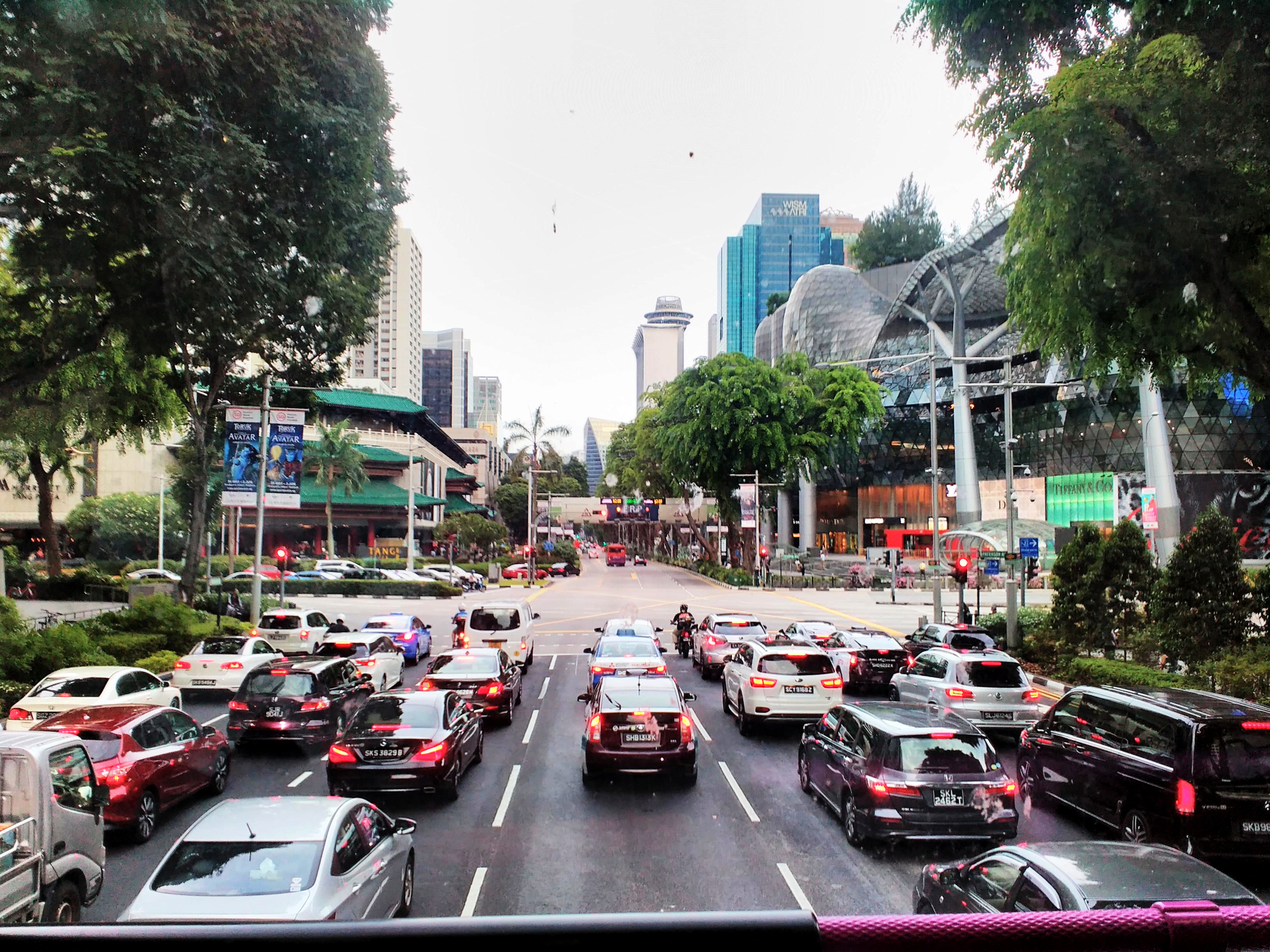SINGAPORE: Starting from Jan 1, 2025, diesel cars and taxis in Singapore will face higher road taxes as the Land Transport Authority (LTA) ceases new registrations, to support the nation’s drive towards cleaner energy by 2040.
Announced during parliamentary discussions in March 2021, the move aims to progressively phase out pollutive vehicles. Since then, new diesel car and taxi registrations have remained minimal, constituting less than 1% of total new registrations.
Owners of diesel vehicles registered before the 2025 deadline will still be allowed to renew their Certificate of Entitlement (COE) but will face higher road taxes to discourage prolonged use of older, more polluting vehicles. This measure is part of existing policies that impose a surcharge on vehicles older than ten years, ranging from 10% to 50% based on vehicle age.
The restrictions do not apply to vehicles imported under the Classic Vehicle Scheme and Vintage Vehicle Scheme, LTA said.
Classic vehicles must be at least 35 years old from their original registration date and must meet specific registration and technical criteria.
In contrast, vintage vehicles refer to well-preserved cars, motorcycles, or scooters that hold significant heritage value and were manufactured before January 1940.
According to The Business Times, as of May 2024, Singapore had approximately 19,972 diesel cars and taxis, a minority within the broader fleet of 164,759 diesel vehicles. Diesel-powered vehicles make up about 17% of all vehicles in Singapore.
Although the majority of taxis have transitioned from diesel to petrol-electric hybrid or fully electric models, about 16.8% of the 13,330 taxis are still operating on diesel fuel.
Efforts to shift commercial vehicle owners towards cleaner fuels have also been made through the Early Turnover Scheme (ETS) and Commercial Vehicle Emissions Scheme (CVES). The ETS allows owners of older vehicles to switch to cleaner models at a discounted COE rate, bypassing the need to bid for a new one. Meanwhile, the CVES offers cash incentives to owners opting for cleaner, primarily electric, models.
As of May, 88.6% of the 143,565 goods vehicles in Singapore were diesel-powered, marking an improvement from 95.8% at the end of 2020. For buses, 97.4% of the 18,007 registered were diesel-powered.
The LTA aims to procure only cleaner-energy public buses and intends to replace half of its fleet of nearly 6,000 predominantly diesel-powered buses with electric ones by 2030. Some private bus operators have also embraced fully electric bus models in recent years.
Former Transport Minister, now Health Minister Ong Ye Kung highlighted in 2021 that Singapore’s motor vehicles emit approximately 6.4 million tonnes of carbon dioxide equivalent annually. Switching all light vehicles, including cars and taxis, to electricity could potentially reduce national emissions by about 1.5 million to two million tonnes yearly, equating to around 4% of Singapore’s total emissions.
Mr Ong emphasised that transitioning from internal combustion engines to battery-powered vehicles could achieve a net carbon saving of 50%, even when electricity is sourced from fossil fuels like natural gas. /TISG
Featured image by Depositphotos

